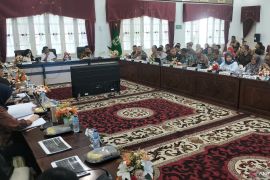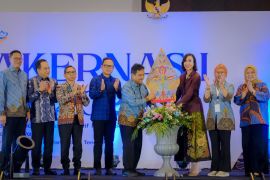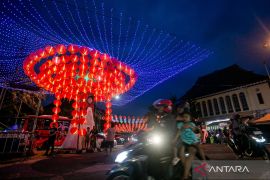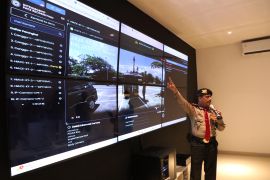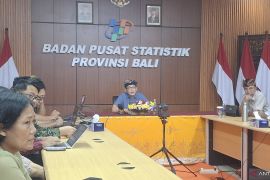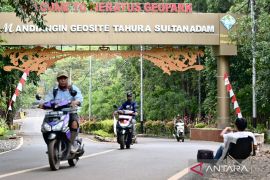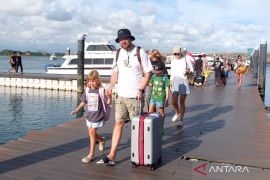"We predict the number will decrease in the next two to three months, but things will get normal after that," Chief of Human Resources Bureau at the Ministry of Culture and Tourism I Gde Pitana said here on Thursday.
He said tourists from areas such as Sendai and Sapporo were those who visit Indonesia the most during the past years. "Considering the fact that Sendai was one of the impacted areas after the powerful earthquake and tsunami, we believe that the number of tourist from this area will decrease," he said.
However I Gde Pitana predicted the decrease of tourists number would be not more than 10 percent. In fact, he said, there was also a prediction that some Japanese, wanting to avoid nuclear crisis in their country, would flock Bali, South Korea or Malaysia as long stay tourists.
He also expressed the belief that Japan would soon recover from the devastating natural disaster that hit the country last March 11. "The Japanese are people who have strong determination to survive," he said adding that Japan`s government had also acted very fast in handling the post disaster situation in the country.
He predicted that if Japan could handle the nuclear incident in Fukushima well, the country would only need two to three months to recover.
Japanese tourists are one of the biggest number of people who visit Indonesia during the past years with 400,000 people coming every year in average.
Earlier, the death count in Japan`s devastating earthquake and tsunami was reported to reach 9,487 people, NHK reported citing the country`s police.
According to Japanese police, another 15,617 still remain unaccounted for.
Some 360,000 people have been evacuated from the disaster zone and accommodated in temporary refuge centers across the country.
The deadly quake and tsunami rocked Japan on March 11. A series of aftershocks followed. The disaster triggered a number of explosions at the Fukushima Nuclear Power Plant, spreading fears of massive radioactive contamination.
Officials in Tokyo have warned parents not to give young children tap water due to increased levels of radiation. Radioactive iodine-131 levels have reached 210 becquerels per liter in certain areas of Tokyo, over double the safe level for infants.
Officials say, however, that the water poses no immediate health risk to adults.
Microscopic radioactive particles from Japan`s crippled Fukushima that may spread across the world within the next few weeks are "harmless," a Russian environmental monitoring official said earlier on Wednesday. (*)
A051/HAJM/F001
Editor: Jafar M Sidik
Copyright © ANTARA 2011
